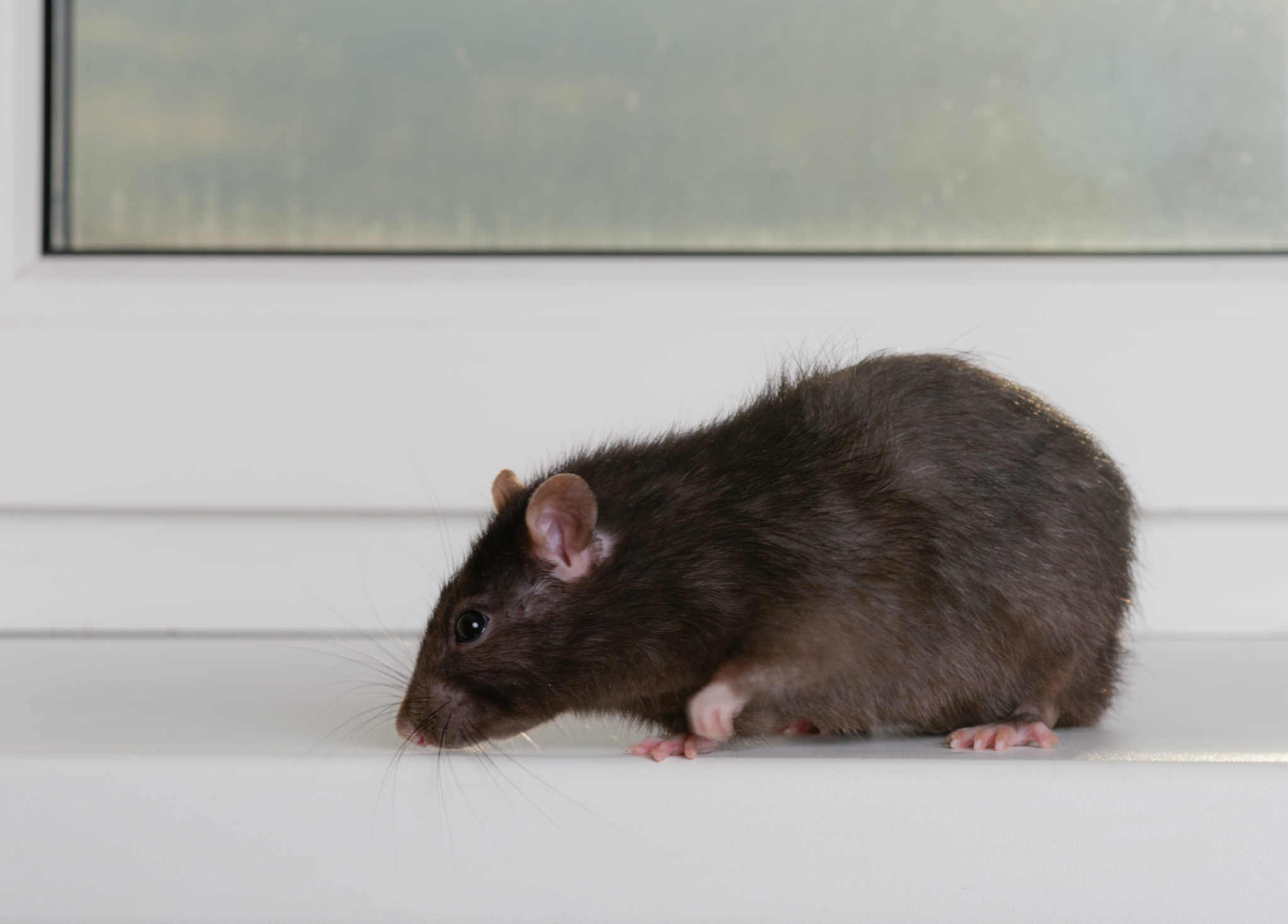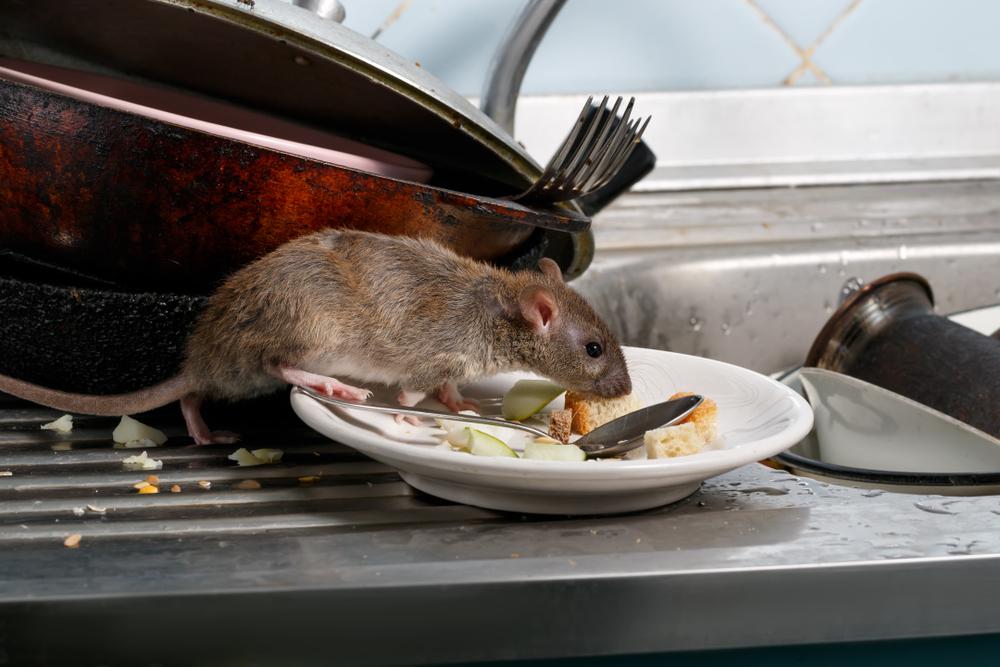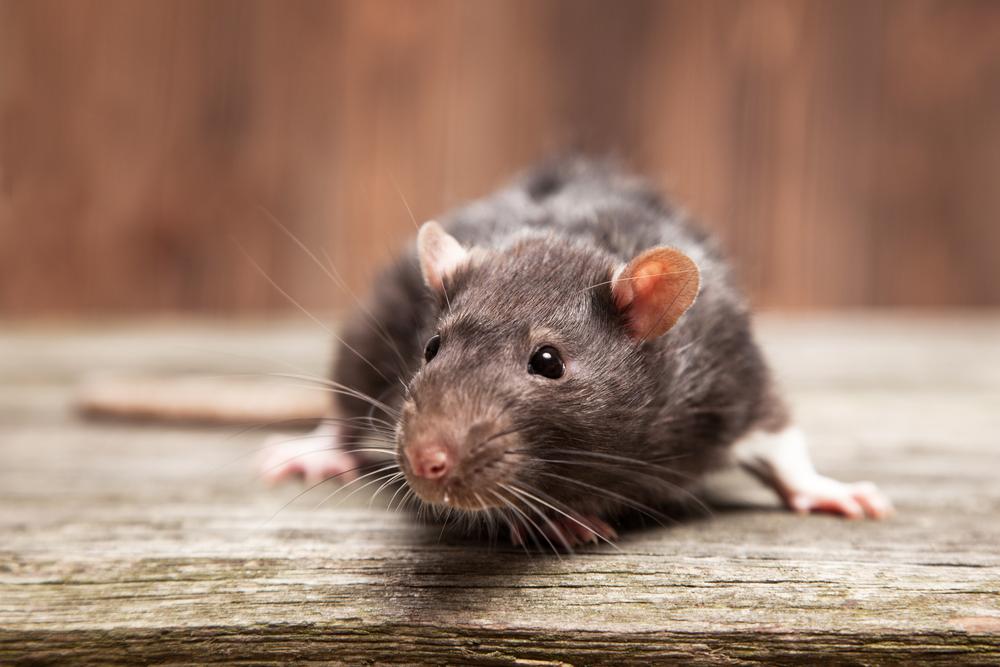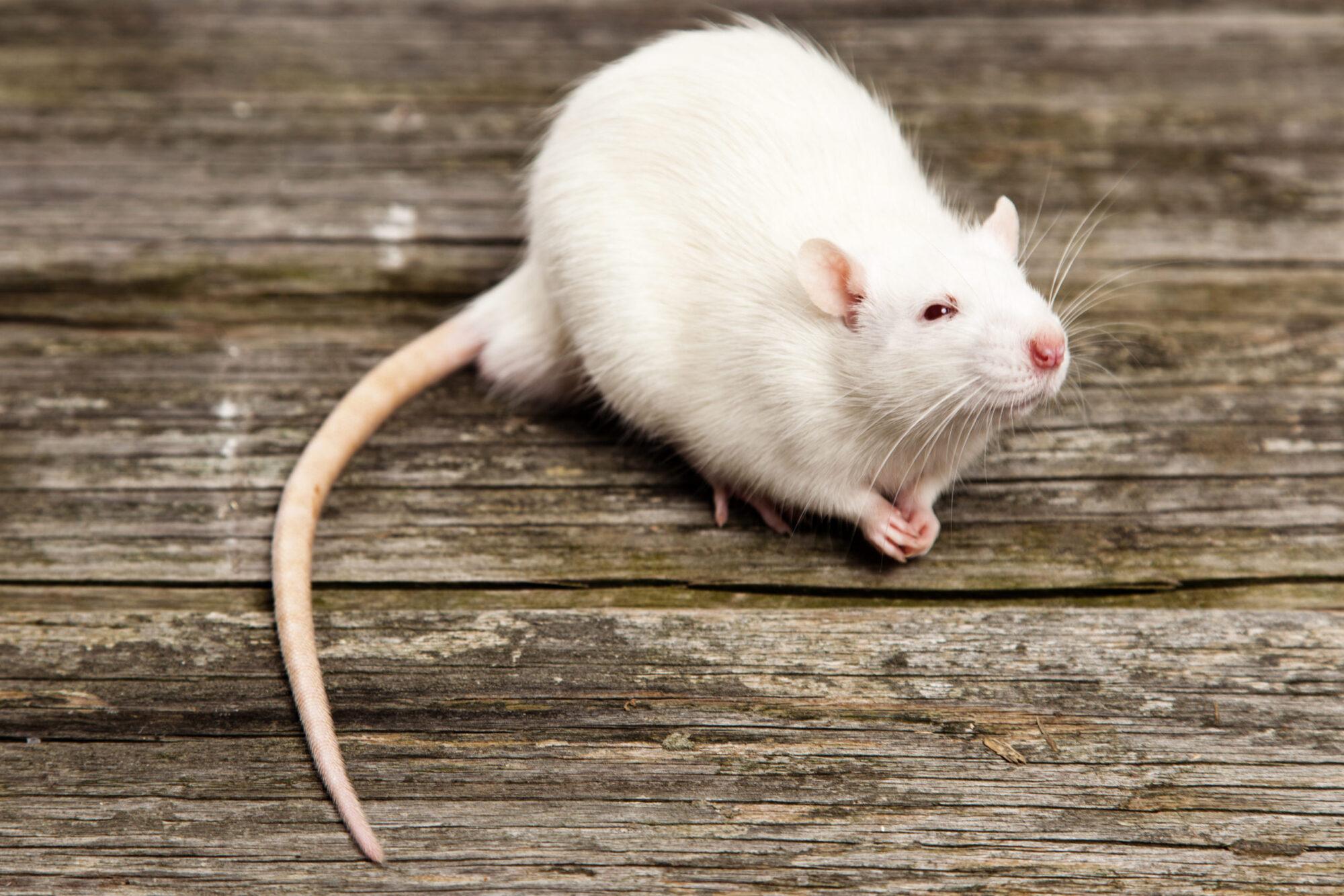
Essential Steps for Rat-Proofing Your Houston Home
Essential Steps for Rat-Proofing Your Houston HomeNobody wants rats in their house.But rats are drawn to big cities like Houston. In fact, Houston is ranked among the “rattiest” cities in the United States. If you don’t take steps to address the rat threat, you’ll probably end up with rats in your





